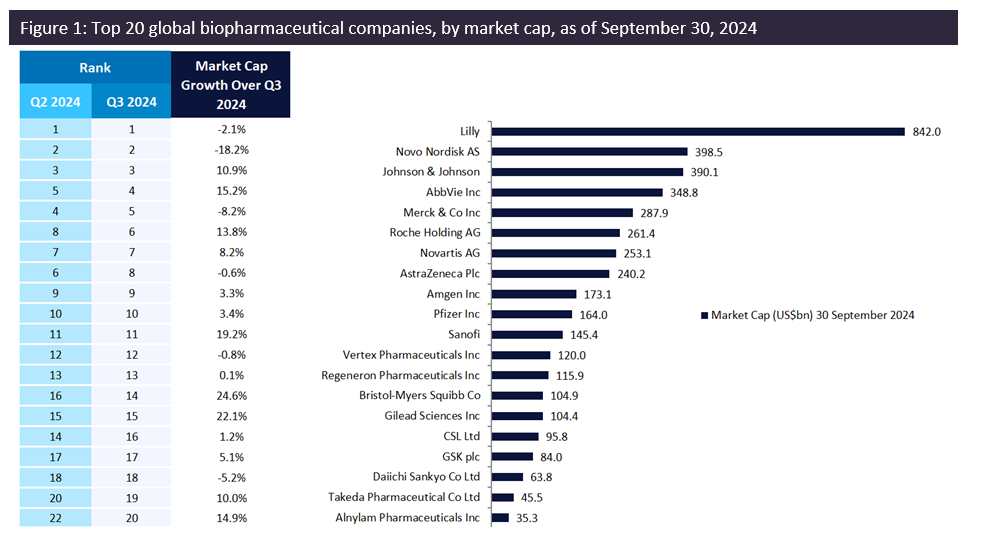Bacterial infection may be a “key event” in triggering endometriosis development
Endometriosis is a common gynaecological condition that can manifest as a variety of painful symptoms.

In a study published in Science Translational Medicine, researchers from Japan’s Nagoya University documented how Fusobacterium may play a key role in spurring the development of endometriosis. After analysing tissue samples from women with endometriosis, they found that the majority of patients had Fusobacterium in their uterine lining. Based on these findings, GlobalData believes that the eradication of this bacterium by a non-hormonal antibiotic treatment may represent a promising approach to treating endometriosis for women who are positive for Fusobacteria infection, as well as for those women with endometriosis trying to conceive or who do not wish to use hormone treatments.
Endometriosis is a common gynaecological condition that can manifest as a variety of painful symptoms, including chronic pelvic pain, severe and frequent cramps during menstruation (dysmenorrhea), and genital pain during sexual intercourse (dyspareunia). Despite affecting nearly one in ten women, it can take eight years on average for a diagnosis after initial symptom onset. A key reason for this lag is that researchers still do not know exactly how endometriosis occurs, except that the flow of menstrual blood backward through the fallopian tubes plays a role in some cases. However, mounting evidence suggests that bacteria may also be involved.
In the above-mentioned study, researchers documented how Fusobacterium might stimulate the development of endometriosis. The researchers analyzed tissue samples from 79 women with endometriosis and 76 without, all of whom had surgery at Nagoya University Hospital and Toyota Kosei Hospital in Japan. They found that 64% of patients with endometriosis had Fusobacterium in their uterine lining, versus fewer than 10% of women in the control group. Further supporting this evidence, vaginal swabs from these patients also showed a much higher prevalence of the bacteria in those with endometriosis than in those without the disease.
To determine whether Fusobacterium affects the course of endometriosis directly, the team transplanted endometrial tissue from one set of mice into the abdominal cavity of another. Within weeks, endometriotic lesions formed in the recipient mice. The researchers also found that lesions were generally more abundant and larger in mice that had also been inoculated with Fusobacterium than in those that hadn’t. Treating the mice with the antibiotics metronidazole or chloramphenicol, administered vaginally, reduced the development of endometriosis and significantly reduced the number and size of the lesions.
The results of this study are compelling and provide a convincing and novel rationale for targeting Fusobacterium as a non-hormonal antibiotic-based treatment for endometriosis. However, while these findings are promising, research in this area is still in its infancy, and there are still a few key missing pieces. Indeed, more extensive research in humans is particularly important because mice, which do not menstruate or form spontaneous endometrial lesions, are limited as models of the condition. Moreover, it would be useful to further test the association between Fusobacterium and endometriosis in a more ethnically diverse population, as well as transgender and gender-diverse people, to determine whether the findings are representative of the wider endometriosis population. Nevertheless, the study gives important insight into what might be causing at least some cases of the complex condition that is endometriosis and, consequently, may represent an important step forward for the treatment of the disease.
What's Your Reaction?

































